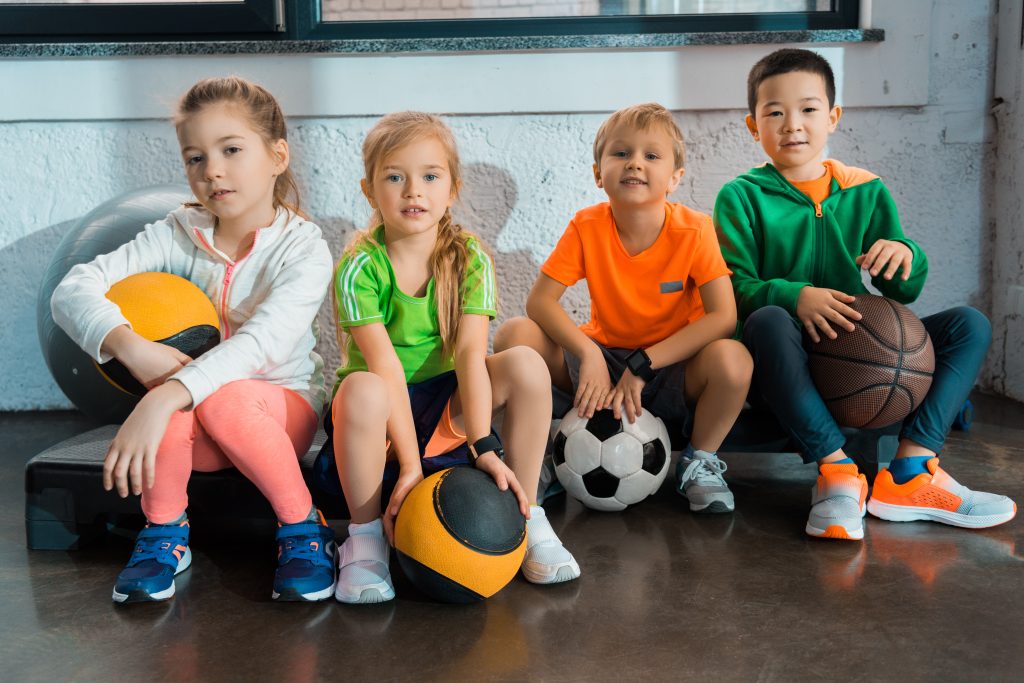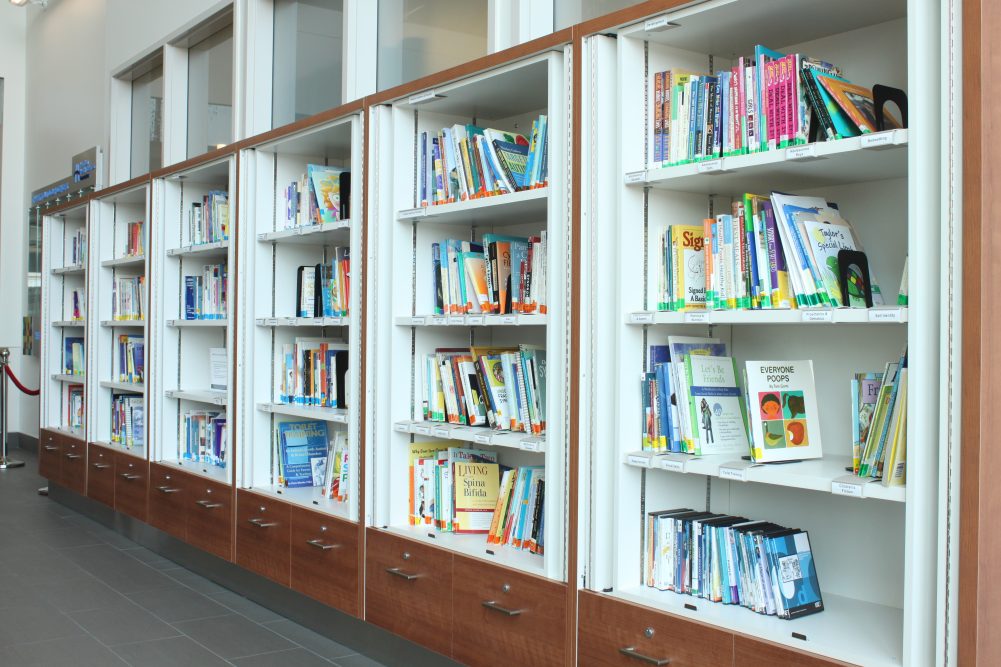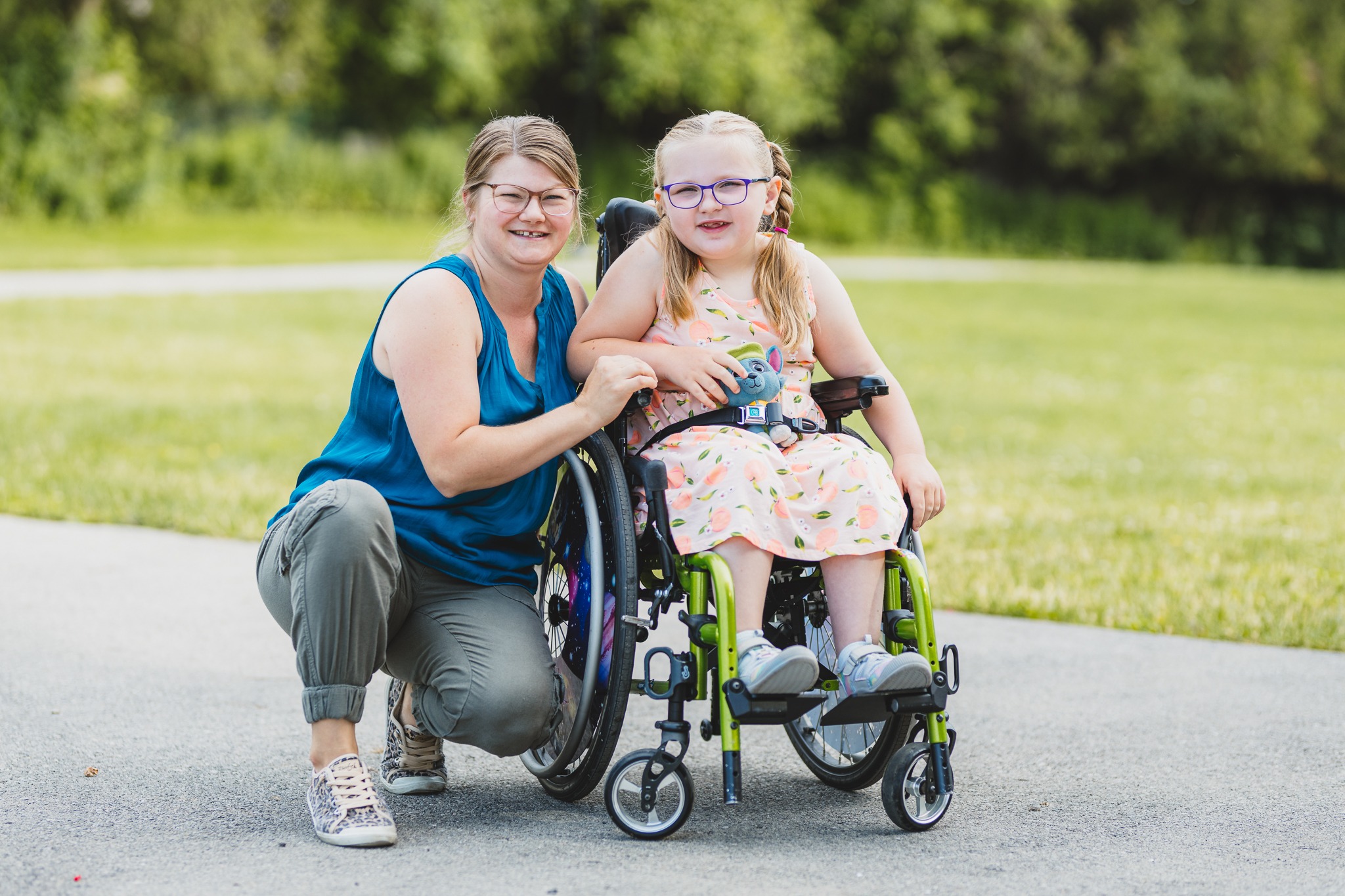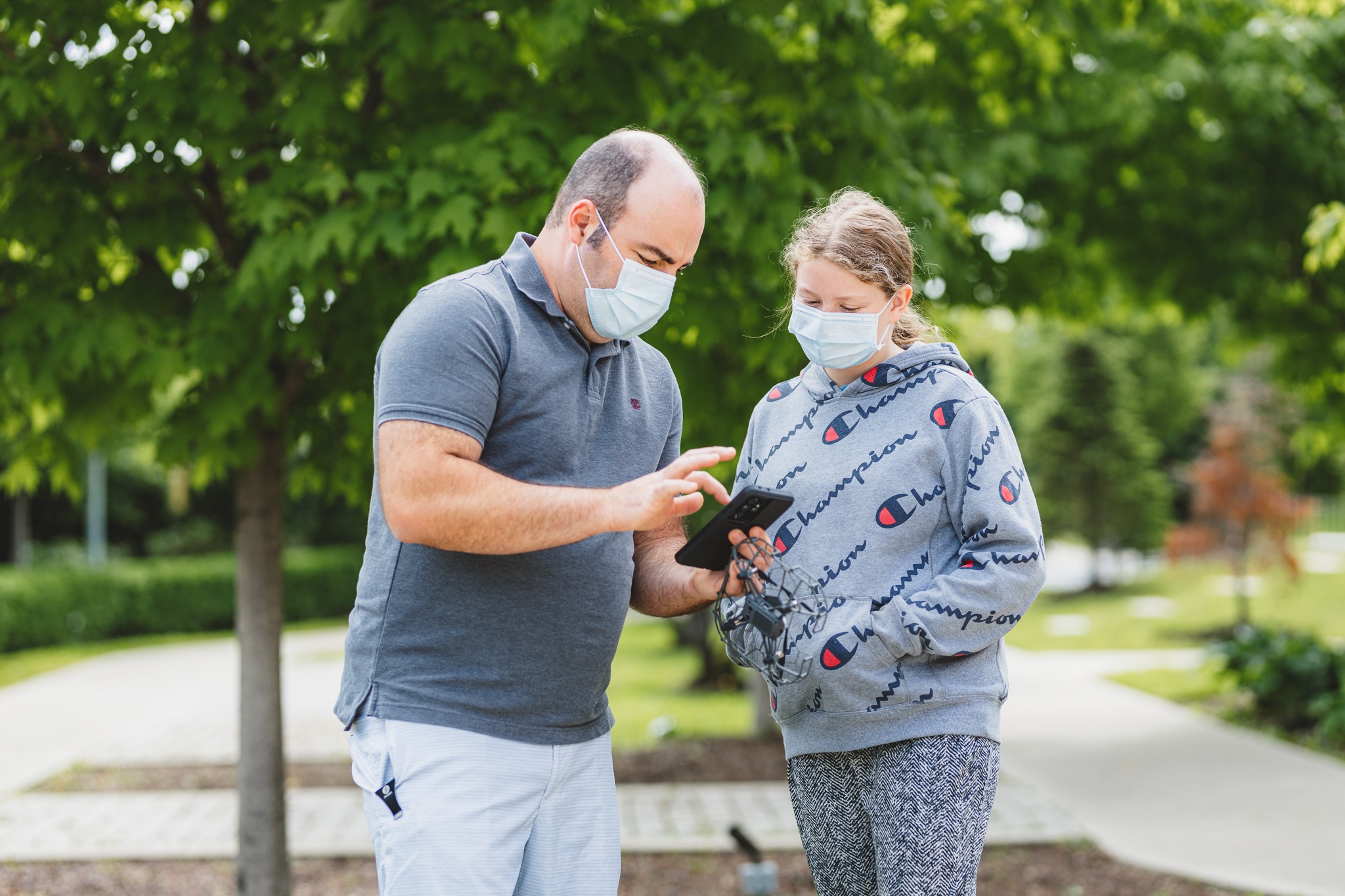
Stuttering program provides speaking strategies and fun for kids
Stay calm and just go with the flow when you talk.
That’s what 10-year-old Alex* has to say to other kids who stutter.
Stuttering is a speech disorder that interrupts the flow of speech, so people have difficulty saying what they want to say. Studies suggest approximately two per cent of children ages 3-17 years old stutter.

Mary Wang
“Stuttering is more common in preschool-aged children. As they get into school age, some will find that the stuttering resolves, while for others stuttering will persist,” says speech language pathologist Mary Wang. “It’s hard to know which will happen so speech pathologists typically recommend a speech assessment if there are concerns with stuttering.”
Fluency group to help school-aged children
McMaster Children’s Hospital’s Ron Joyce Children’s Health Centre (RJCHC) offers a fluency group for children who stutter. The group is offered through RJCHC’s School-Based Rehabilitation Program where children are referred by their school.
During the school year, speech-language pathologists and communicative disorders assistants from RJCHC travel to schools to work with children one on one. In the summer, kids come to RJCHC for group sessions.
This past summer, Alex participated in a 7-week in-person program at RJCHC which ran weekly for one hour.

Ron Joyce Children’s Health Centre
Being on site allowed staff to take advantage of RJCHC’s Sports Zone gym to incorporate activity and movement into the sessions.
During one of the sessions, Alex talked about how he loves to play hockey, so the following session incorporated hockey into the treatment.
“I learned a lot there about different ways to help with not stuttering,” says Alex.
Alex’s mom says her son always had fun.
She hopes for more supports like this for parents and teachers. “The more you know about stuttering, the more compassion you have,” she says. “My kid is ridiculously smart and stuttering is the least exciting thing about him.”
My kid is ridiculously smart and stuttering is the least exciting thing about him.
Creating a safe space for kids to make their voices heard
After the success of virtual groups, a March Break group and the recent summer sessions, there are plans to continue to offer this service at RJCHC during school breaks.

Shelby Zelenbaba
“Group therapy is impactful for children who stutter because it creates a safe space for kids to not only learn and practice strategies, but also allows them to share their experiences with peers who are navigating the same thing,” says communicative disorders assistant Shelby Zelenbaba.
“The first few sessions focused on getting to know one another and just enjoying talking as part of the group. We want students to feel comfortable making their voices heard. Our message is that it is ‘ok to stutter’ and that our listeners will listen when we talk, waiting patiently for us to finish.”
The group also teaches facts about stuttering, strategies that make talking easier, and encourages sharing thoughts and feelings about stuttering.
“It can be really helpful for a student who stutters to share their experience, and to have the student next to them say ‘Hey, I feel the same way, you’re not alone,’” says Wang. “We held many of these discussions in the gym. It’s amazing how much rapport can be built in the group simply by passing a ball around!”
As back-to-school season approached, the final few sessions focused on self-advocacy — for example, writing letters to new teachers to teach them about stuttering and what they can do to support — and positive affirmations.
“That way, students start the new school year prepared and confident to face any speaking situations that come their way,” says Wang.
Practicing strategies
Adam*, 13, also took part in the summer fluency group.
He has been practicing the strategies he learned at home, such as focusing on breathing while he is speaking to gain an understanding of how his diaphragm works, extending out his words to hold onto sounds, and speaking in a slow, robotic way.
His mom says the program gave him strategies he can use at school.
“Sometimes he’s fearful that people think he’s not responding but it just takes him a bit longer to get started,” she says. “He has a good group of friends who are very supportive of him. He challenges himself to see if he can increase his speed while talking in that way to see if he can say it smoothly.”
Both families say they had a positive experience and their kids really enjoyed the sessions.
“This is our first interaction with Ron Joyce Children’s Health Centre and it was such a positive experience,” says Adam’s mom. “We’re really grateful for the supports they offer. It has made a big difference for our family.”
*The families in this article preferred to share their stories anonymously.
If your child stutters:
- Focus on what they are saying, rather than whether or not they stuttered while saying it.
- Give plenty of time for them to get the words out without being interrupted.
- Talk openly about stuttering and acknowledge their feelings about it. Convey the message ‘It’s ok to stutter!’
Parents should seek care when stuttering is having an impact on their child’s participation, for example, in social or educational settings, especially if there is an emotional impact such as frustration or avoiding speaking altogether.
Connect with your child’s school regarding a referral to the RJCHC School-Based Rehabilitation Services speech-language pathologist.



